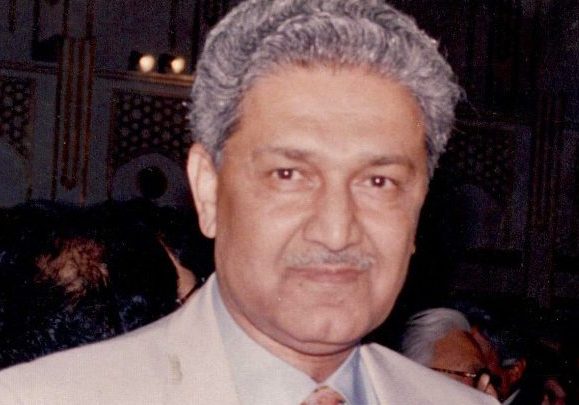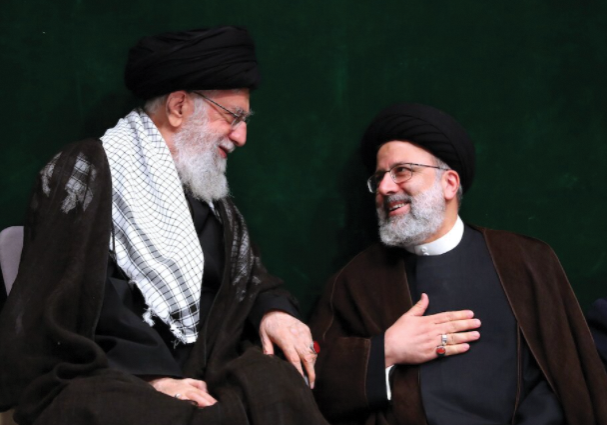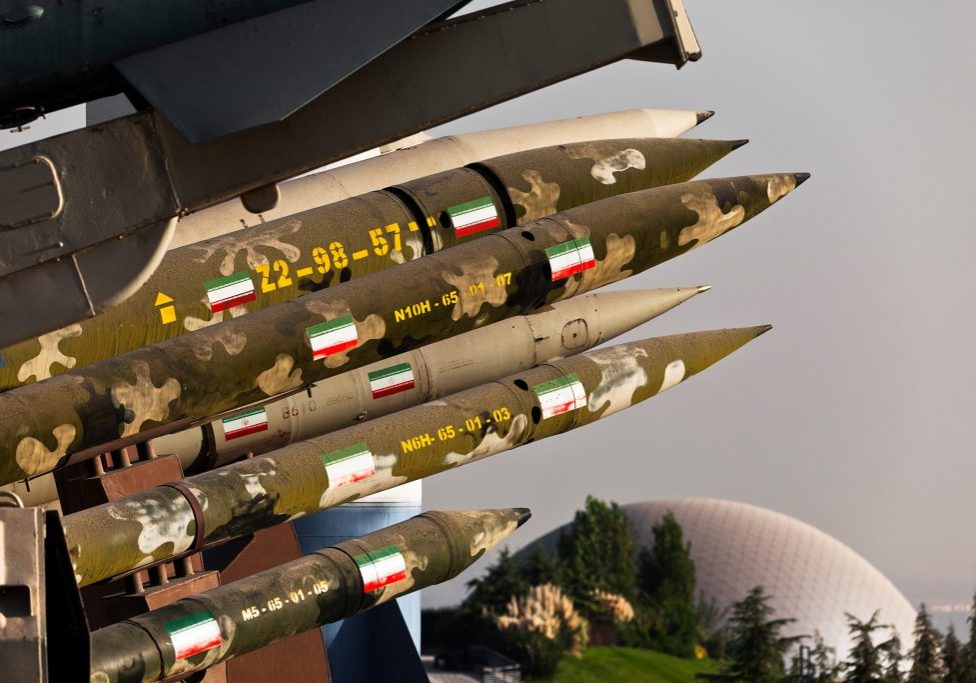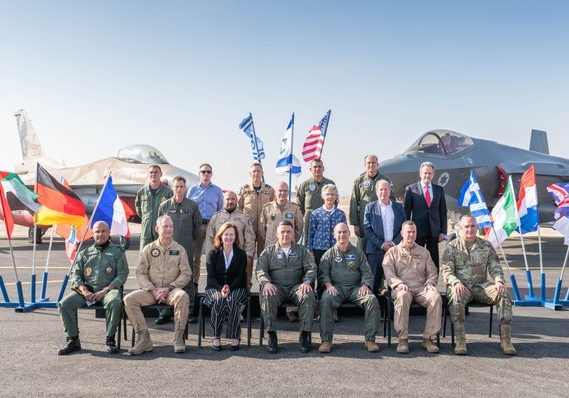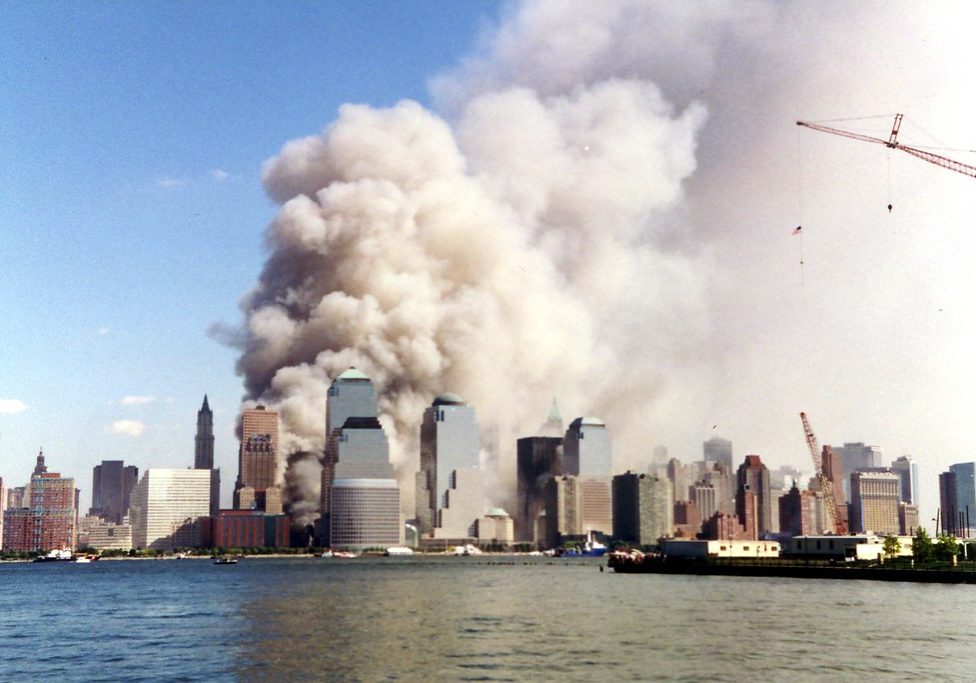Australia/Israel Review
Faction and Fiction in Iran negotiations
Nov 26, 2014 | Michael Rubin
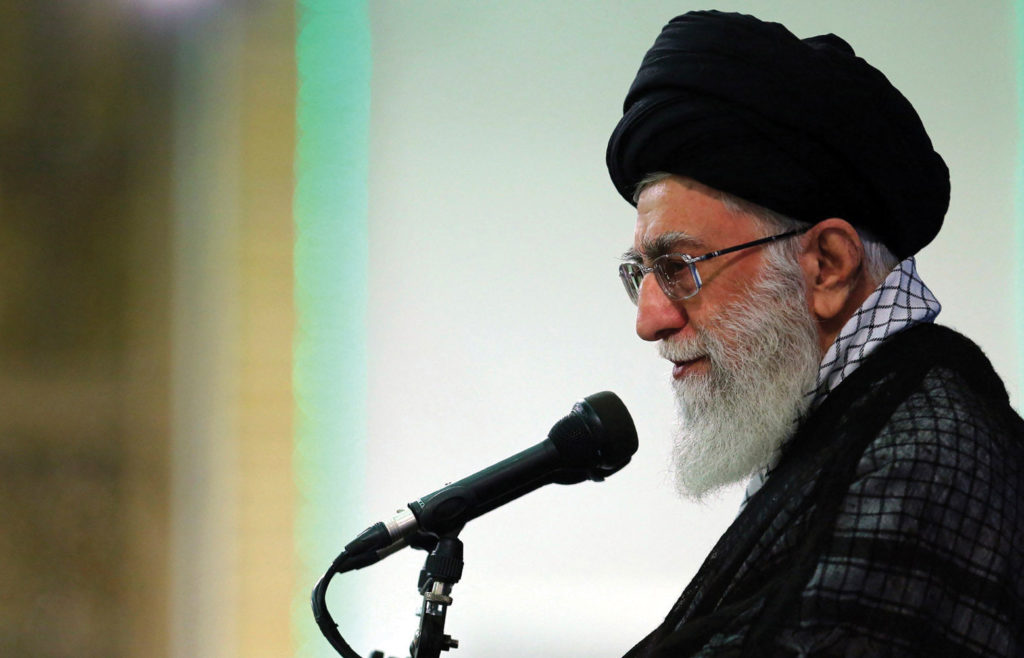
Michael Rubin
In 1998, against the backdrop of Iranian President Mohammad Khatami’s “Dialogue of Civilisations,” there was great optimism about the potential for a thaw in US-Iranian relations among many of the same circles that express it now. And then, just as now, some in the US business community wanted to rush into the Iranian market, figuring all that was left for some sort of grand rapprochement was to dot the i’s and cross the t’s. It was against this backdrop that a group of American businessmen, travelling at the invitation of the Iranian Foreign Ministry, flew to Teheran in order to combine meetings with tourism.
Their trip did not go as planned. Escorted around in a minibus, all seemed well until they were set upon by a group of stone and iron bar wielding vigilantes who attacked the group. They cut their trip short and went home. Those who attacked the Americans had official sanction to do so while those who invited the Americans also had official sanction to do so. The problem with the Iranian system, as always, was the multiple power centres, and so there can be often contradictory official sanctions.
That Iran has overlapping and competing power centres is well understood, both in Iran and in the West. Supreme Leader Ali Khamenei keeps power in large part by balancing those power centres off each other. Having multiple power centres provides other advantages for Teheran: Those who are unwise enough to actually invest in Iran quickly learn that there is no practical adherence to commercial law. If a contract is signed to provide oil at a fixed price, for example, and the price of oil rises, Iranian partners will simply discover that the contract is invalid because a previously irrelevant body had not signed off on it.
US President Obama may believe his Administration’s diplomacy is on firm ground. After all, he spoke directly on the telephone with President Rouhani, and he sent letters to Supreme Leader Ali Khamenei who spoke about “heroic flexibility.” But Rouhani represents only one faction, and Obama and Kerry misinterpreted Khamenei’s rhetoric (see below).
Even if a deal is struck, Obama will have essentially negotiated it with only one faction. Just as after the Reagan-era “Arms for Hostages” diplomacy (which saw Mehdi Hashemi’s faction attack America despite National Security Adviser Bud McFarlane’s “agreement” with Hashemi Rafsanjani) and with the Khatami-era “Dialogue of Civilisations” approach (which saw hardliners associated with the Basij and Islamic Revolutionary Guard Corps [IRGC] attack American interests), and just as in the run-up to Operation Iraqi Freedom in 2003, in which Ambassador Ryan Crocker and National Security Council official Zalmay Khalilzad negotiated a non-interference agreement with Iranian diplomats (only to see it ignored and flouted by the IRGC), so too should the United States recognise that a deal struck with Rouhani and Iran’s Foreign Ministry will be meaningless to the IRGC and perhaps the Supreme Leader.
Naïve diplomats can blame the violations of agreements on rogues or spoilers and insist Teheran can be trusted. But they would be wrong. Iranian leaders encourage competing power circles to lash out or go rogue in order to achieve undiplomatic aims, while consciously cultivating plausible deniability. At the very least, other Iranian factions are going to seek their own deal, raising the price of any agreement. To strike a deal and expect peace and tranquillity would be like to pay off one mafia family in 1930s Chicago (or 2014 Chicago) when two or three other mafia families operate in the same location.
Here are the facts:
The Obama team is essentially negotiating with the Iranian Foreign Ministry in a process blessed by Iranian President Hassan Rouhani.
Supreme Leader Ali Khamenei has not yet signed on. His “Heroic Flexibility” comments referred to tactics, not substance. His so-called nuclear fatwa is not written down and has never been published, and President Obama and his top advisers have never seen it. They have simply put hope ahead of reality. Khamenei has already issued “red lines” that make a deal to resolve the situation impossible.
The IRGC would have command, control, and custody over any military applications of Iran’s nuclear program. It has repeatedly condemned the nuclear diplomacy and has indicated that it will not abide by it.
So, in short, even if Obama and Kerry reach an agreement, they will essentially only be reaching it with one faction among many, and perhaps the weakest faction at that. It’s Diplomacy 101 not to negotiate an agreement with interlocutors who cannot deliver, but it seems increasingly that this is what Obama and Kerry insist on doing. At the very least, the price of Iranian compliance is going to be far higher than Obama and Kerry expect, and at the very worst, Iran’s willingness to talk is simply an asymmetric warfare strategy to cause the West to let its guard down while Iran continues with its efforts to achieve its ideological and regional goals.
Dr. Michael Rubin is a Resident Scholar at the American Enterprise Institute and a Senior Lecturer in the US Naval Postgraduate School. © Commentary Magazine (www.commentarymagazine.com), reprinted by permission, all rights reserved.
Tags: International Security

